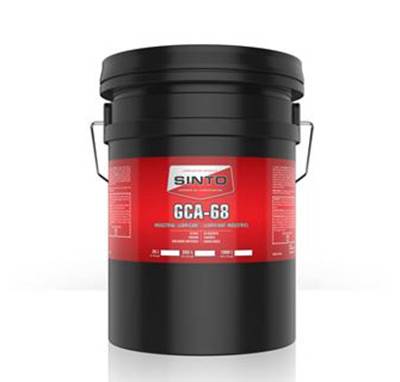ডিসে. . 22, 2024 17:02 Back to list
hdpe drip pipe
Exploring the Benefits and Applications of HDPE Drip Pipe in Agriculture
Irrigation is a fundamental component of agriculture, significantly impacting crop yield and sustainability. With the growing concerns about water conservation and efficient agricultural practices, modern technologies have evolved to meet these challenges. One of the most effective solutions is the use of High-Density Polyethylene (HDPE) drip pipes. This article delves into the benefits and applications of HDPE drip pipes, demonstrating their vital role in contemporary agriculture.
Understanding HDPE Drip Pipe
High-Density Polyethylene (HDPE) is a durable and versatile plastic that is widely used in various applications, including the manufacturing of drip irrigation systems. HDPE drip pipes are designed to deliver water directly to the plant roots, minimizing water waste and enhancing efficiency. These pipes come with small emitters that regulate the flow of water, ensuring each plant receives the necessary hydration.
Benefits of HDPE Drip Pipe
1. Water Efficiency One of the primary advantages of HDPE drip pipes is their ability to conserve water. Traditional irrigation methods, such as surface and flood irrigation, can result in significant water loss due to evaporation and runoff. In contrast, drip irrigation systems deliver water directly to the base of each plant, reducing evaporation and ensuring that more water reaches the roots.
2. Reduced Weed Growth Because water is only delivered to the plants themselves, HDPE drip irrigation minimizes the wetting of surrounding soil. This reduction in moisture on soil surfaces significantly lowers the chances of weed growth, which can compete with crops for nutrients and water.
3. Improved Crop Health By providing a consistent and precise water supply, HDPE drip pipes promote better crop health and yield. The system reduces the stress that plants experience from periods of drought or overwatering. Consistent moisture levels are crucial for optimal growth, nutrient absorption, and overall plant vigor.
4. Soil Health Maintenance Drip irrigation systems help maintain soil structure by preventing erosion and compaction. When water is applied directly to plants, it allows for better infiltration and reduces the chances of waterlogging, which can harm the plants and degrade soil quality.
hdpe drip pipe

5. Flexibility and Adaptability HDPE drip pipes are available in various sizes and configurations, making them suitable for diverse agricultural practices — from small gardens to large commercial farms. This flexibility allows farmers to customize their irrigation systems to meet their specific crop needs and soil conditions.
Applications of HDPE Drip Pipe
The applications of HDPE drip pipes extend across various sectors of agriculture.
- Row Crops Farmers growing row crops such as corn, cotton, or soybeans benefit significantly from drip irrigation. The system can be set up to accommodate rows of plants, ensuring each one receives adequate water while minimizing wastage.
- Fruit and Vegetable Production Specialty crops, including fruits and vegetables, often require precise watering for optimal growth. HDPE drip pipes are particularly advantageous in this context, where consistent moisture levels can elevate the quality and yield of produce.
- Greenhouses In controlled environments like greenhouses, HDPE drip irrigation systems provide efficient water distribution and nutrient delivery, which is crucial for the health of the plants grown in such settings.
- Landscaping and Gardens Beyond farming, HDPE drip irrigation systems are also invaluable for landscaping and garden maintenance. Homeowners and landscapers utilize drip pipes to effectively manage water use and promote plant health in ornamental gardens and landscapes.
Conclusion
HDPE drip pipes are transforming the way irrigation is approached in agriculture. Their water-saving capabilities, ease of use, and adaptability to various crop types make them an invaluable tool for modern farmers. As the demand for sustainable agricultural practices continues to rise, embracing technologies like HDPE drip irrigation not only addresses water conservation challenges but also promotes healthier, more productive crops. Investing in such systems is critical for a more sustainable agricultural future, ultimately contributing to food security and environmental conservation.
-
Durable PP Rigid Sheet: Lightweight, Chemical Resistant Solutions
NewsAug.21,2025
-
PVC Grey Sheet for Extraction: Chemical Resistant & Durable
NewsAug.19,2025
-
Durable PVC Pipe Fittings for Plumbing & Irrigation Needs
NewsAug.18,2025
-
HDPE Steel Belt Reinforced Spiral Corrugated Pipe | High Strength
NewsAug.17,2025
-
HDPE Pipe Fittings: Durable, Leak-Proof Solutions
NewsAug.16,2025
-
Premium CPVC Sheet: High-Temp & Chemical Resistant Solutions
NewsAug.15,2025

